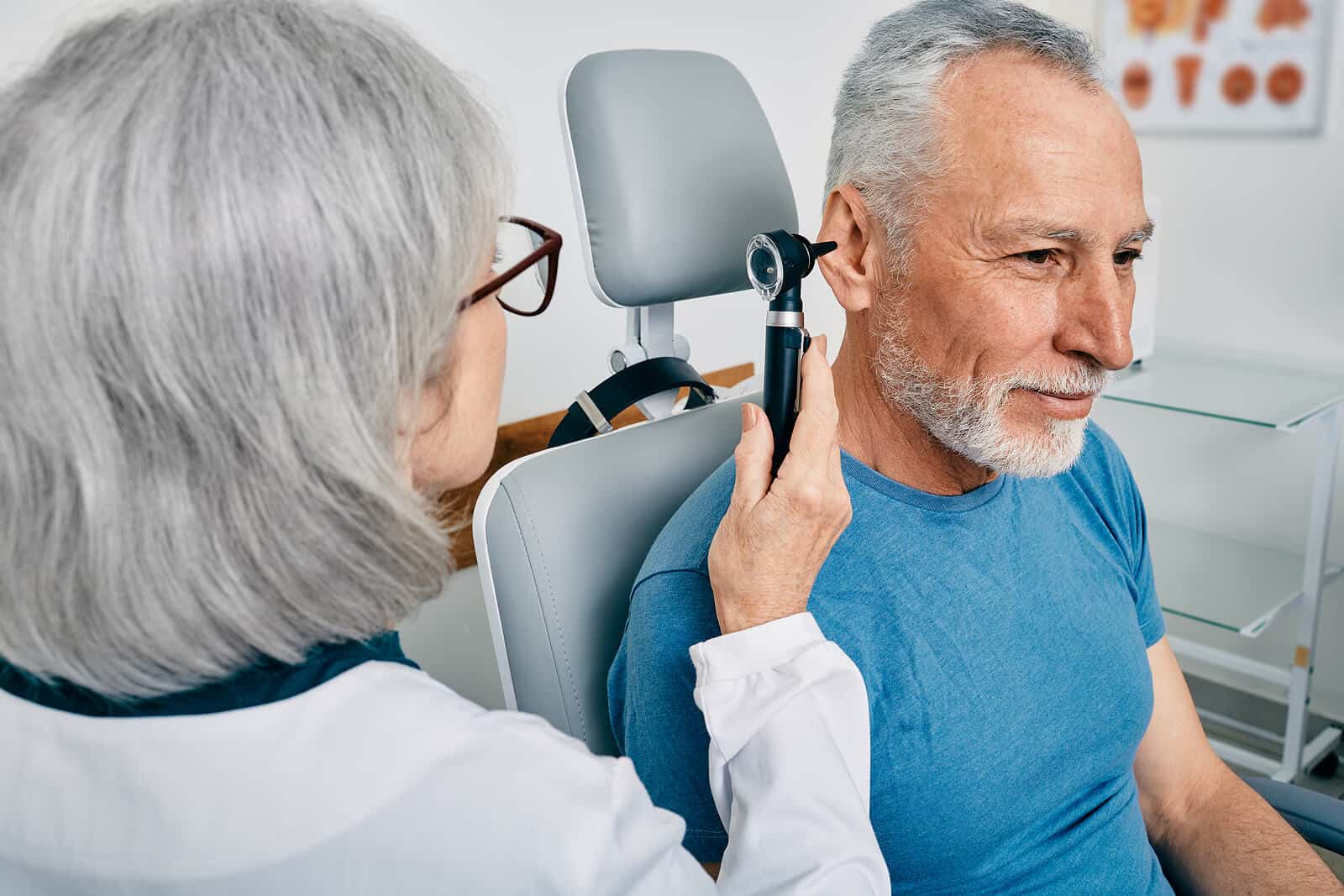
Do you ever struggle with blurry vison or a seemingly insatiable thrist? These are common signs of diabetes, a serious health issue which effects 37 million people in the US alone. Alarmingly of the those affected 1 in 5 are not aware that they have an issue. Meanwhile it’s projected that of the 88 million people who are at risk of developing diabetes, classified as prediabetic, 80 percent are not aware of their risk. This November is American Diabetes Month—an annual campaign founded by the American Diabetes Association to raise awareness, promote treatment, and educate about effective diabetes management.
While many people consider vison tests and blood monitoring as part of diabetes care, many are unaware of the heightened risk of hearing loss. Even so, a wide offering of studies show that those diagnosed with diabetes are at twice the risk of developing hearing loss as well. Even in patients classified as prediabetic, there has been a 30 percent higher risk of permanent hearing damage. This November, we urge you to celebrate American Diabetes Month with a hearing exam.
Impact of Diabetes on Hearing Health
One significant 2008 study highlights the strong correlation between hearing loss and diabetes. This large study from the National Institutes of Health analyzed data provided by a national survey that included information from hearing test results in combination with a diabetes questionnaire for a large cohort of 11,405 people (ages 20-69). The findings showed that in patients diagnosed with diabetes:
- 54% had high-frequency hearing loss compared to 21% of people without diabetes.
- 21% had mid-frequency hearing loss compared to 9% of people without diabetes.
Understanding the Connection
Diabetes is a disease which effects the cells throughout the body and their ability to receive the energy they need, via blood sugar, from the food we eat. The absorption of blood sugar is regulated by a hormone called insulin and in diabetic patients the body does not produce a significant amount of insulin to effectively aid in the absorption of blood sugar to the cells.
This compromises the health of most functions of the body including the heart, brain, kidneys, eyes, and nerves. It also effects the ears. Our ears rely on tiny cells, called stereocilia, which transport sound from our ears to our brain. When this process is interrupted due to cell damage, it can cause permanent hearing loss. Diabetes can cause blood cells to constrict, inhibiting the cells of the inner ear, from receiving sufficient nutrients to protect the hearing process.
Signs of Hearing Loss
Because diabetes increases the risk of hearing loss, it’s important to stay on top of your hearing if you have a diagnosis. Hearing loss is an invisible medical condition that usually occurs gradually so people may not notice changes for years or even decades. The longer you go without treatment, even if you are not aware of the problem, the worse many of the health risks of hearing loss become. This includes rift in your personal and professional relationships, chronic depression, social isolation, loneliness, cognitive decline increasing the risk of dementia, and a heightened risk of accidents and falls leading to hospitalization. To prevent hearing loss from getting to this point, keep a look out for the signs.
- A ringing in the ears called tinnitus when there is no external sound present.
- Sounds are perceived muffled or its difficult to identify certain words or tones.
- You need to turn up the TV to hear to a level in which others complain
- Issues hearing over the phone
- You have to ask others to repeat themselves, more often than not.
- Trouble hearing and following conversations in noisy environments.
- Finding yourself lip reading to distinguish words and help follow what someone is saying.
Get Your Hearing Tested Today
If any of these signs seem all too close to your regular day, we recommend celebrating American Diabetes Month, in conjunction with an annual screening for diabetes, by also scheduling a hearing exam. When you know the status of your hearing, then you have the tools to take action and address the issue. We are here to help. Contact us today and we can help you on your journey towards healthy hearing and clear communication, for years to come.
